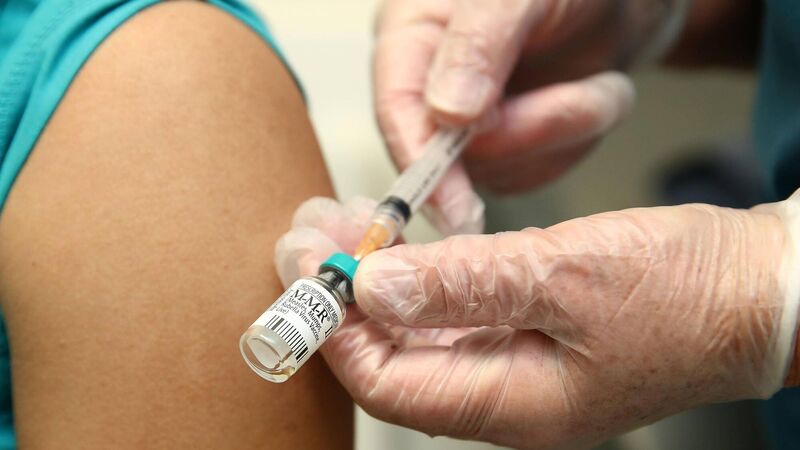Catherine Conlon: Truth spreads like thick porridge, but disinformation travels like wildfire

The measles vaccine is highly effective. However, because measles is so infectious, very high vaccination coverage (95% or more) with two doses is necessary to block transmission. Picture: Getty
Following the announcement of another confirmed case of measles in Ireland last week, passengers who travelled on a recent flight from Abu Dhabi to Dublin were urged to come forward.
The HSE said the appeal particularly related to pregnant passengers, the immunocompromised, or those under the age of 12 months, as immediate treatment may be beneficial.













